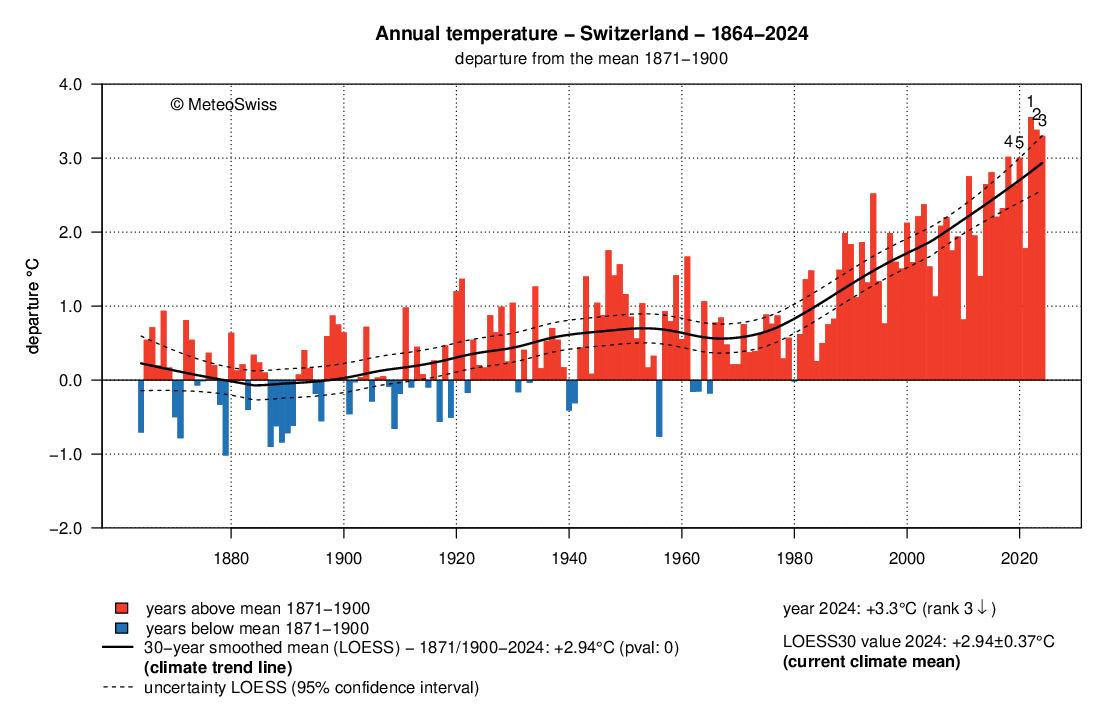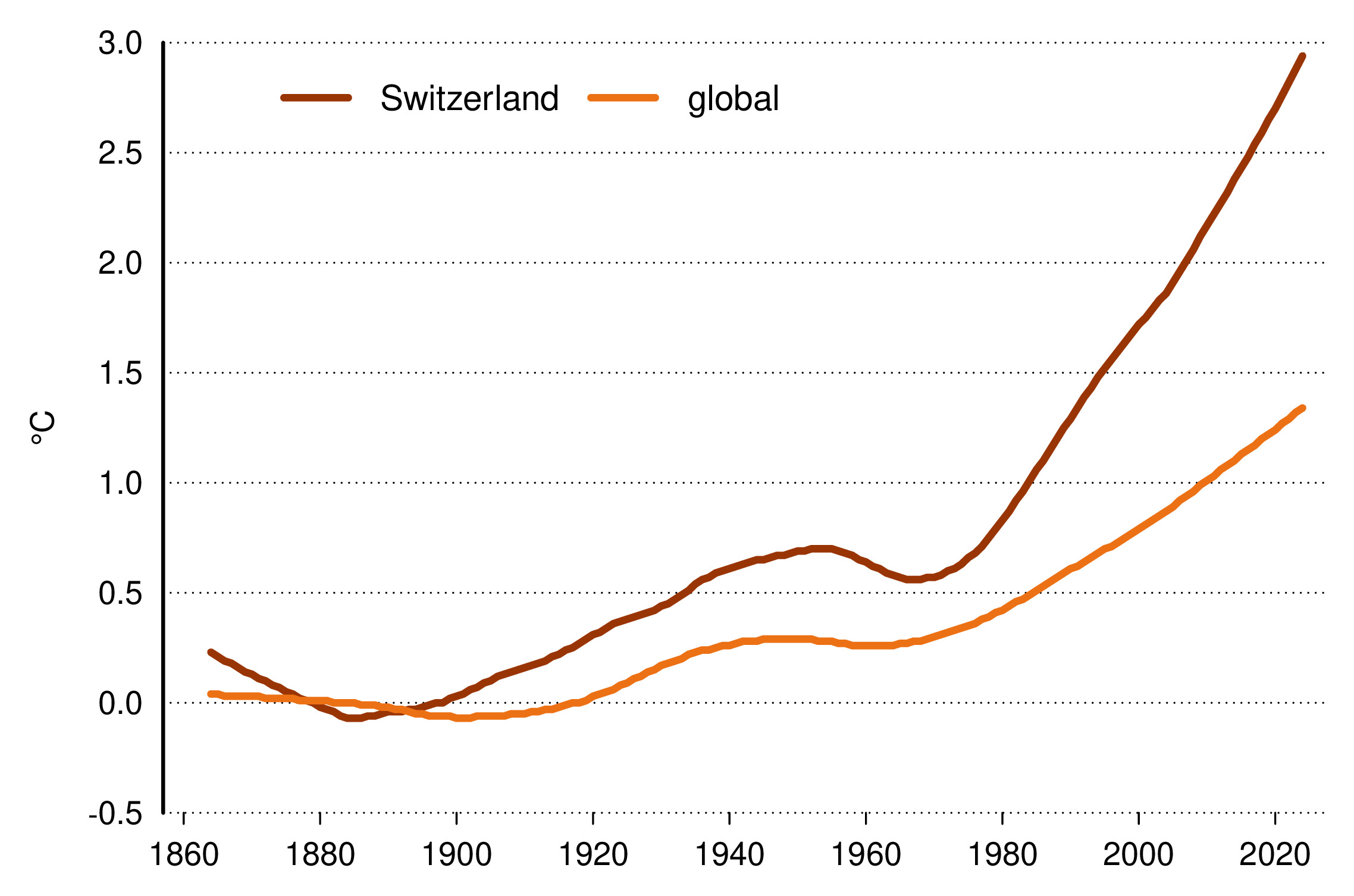Swiss village destroyed by glacier collapse
A huge chunk of Switzerland’s Birch Glacier has collapsed, sending tonnes of ice and rock down a steep mountainside which largely buried the small town of Blatten.
Fortunately, authorities were aware of the impending disaster and evacuated the village’s 300 residents due to a series of smaller landslides earlier this month. However, one person is unaccounted for, with potentially disastrous flash flooding possible along the valley of the Lonza River (which flows through Blatten) due to dams formed by the mass of sludge in the valley.
INCREDIBLE !!
— Melaine Le Roy (@subfossilguy) May 28, 2025
Here we are... ????????????
After days of overloading and cracks propagating, Birch Glacier collapsed over Blatten today at 3:24 pm and dammed the Lonza river...
Devastating! ????https://t.co/EgQQjq8YCO pic.twitter.com/gzhf92DRKG
Regional authorities in the canton of Valais said that approximately 90% of the village is buried, a stark statistic which was apparent in dramatic images posted on social media.
A huge chunk of a glacier in the Swiss Alps broke off, causing a deluge of ice, mud and rock that buried most of a mountain village that had been evacuated due to the risk of a rockslide. One person is currently missing, officials said https://t.co/hIcfgshzRB pic.twitter.com/lu4uRaRJZr
— Reuters (@Reuters) May 29, 2025
A week ago, authorities became so concerned about the imminent collapse that they began to evacuate livestock. Some bewildered cows were even removed by helicopter.
Kad švajcarskom selu zapreti opasnost od velikog klizišta, krave se prevoze na sigurno čak i helikopterima ???????? pic.twitter.com/cYII1ldTdF
— BBC NEWS na srpskom (@bbcnasrpskom) May 27, 2025
Switzerland has approximately 1800 glaciers. Most are retreating and many are expected to vanish, with numerous smaller glaciers already having melted entirely in recent years due to the warming climate.
The Birch Glacier was a relatively small glacier at approximately 1.5 million cubic metres in size. It has not been confirmed how much of it – if any – remains.
According to Europe’s Copernicus Climate Change Service, global surface air temperature has increased by between 1.3°C and 1.4°C since the pre-industrial era, while the temperature increase over Europe has been about 1°C higher than that for the globe as a whole.

Image: Annual temperature anomalies in Switzerland from 1864 to 2024. Source: MeteoSwiss.
Switzerland's meteorological agency MeteoSwiss has found that the country's current mean temperature has risen by 2.9°C since the 1871-1900 pre-industrial period, and that Switzerland's temperatures are also rising slightly quicker than those in the rest of the globe.

Image: Average Swiss temperatures vs average global temperatures from 1864 to 2024. Source: MeteoSwiss.
MeteoSwiss notes that Switzerland's mountain regions are especially vulnerable to climate change, with the threat of additional risks from "deteriorating slope stability, and increased landslides, debris flows and rockfalls."